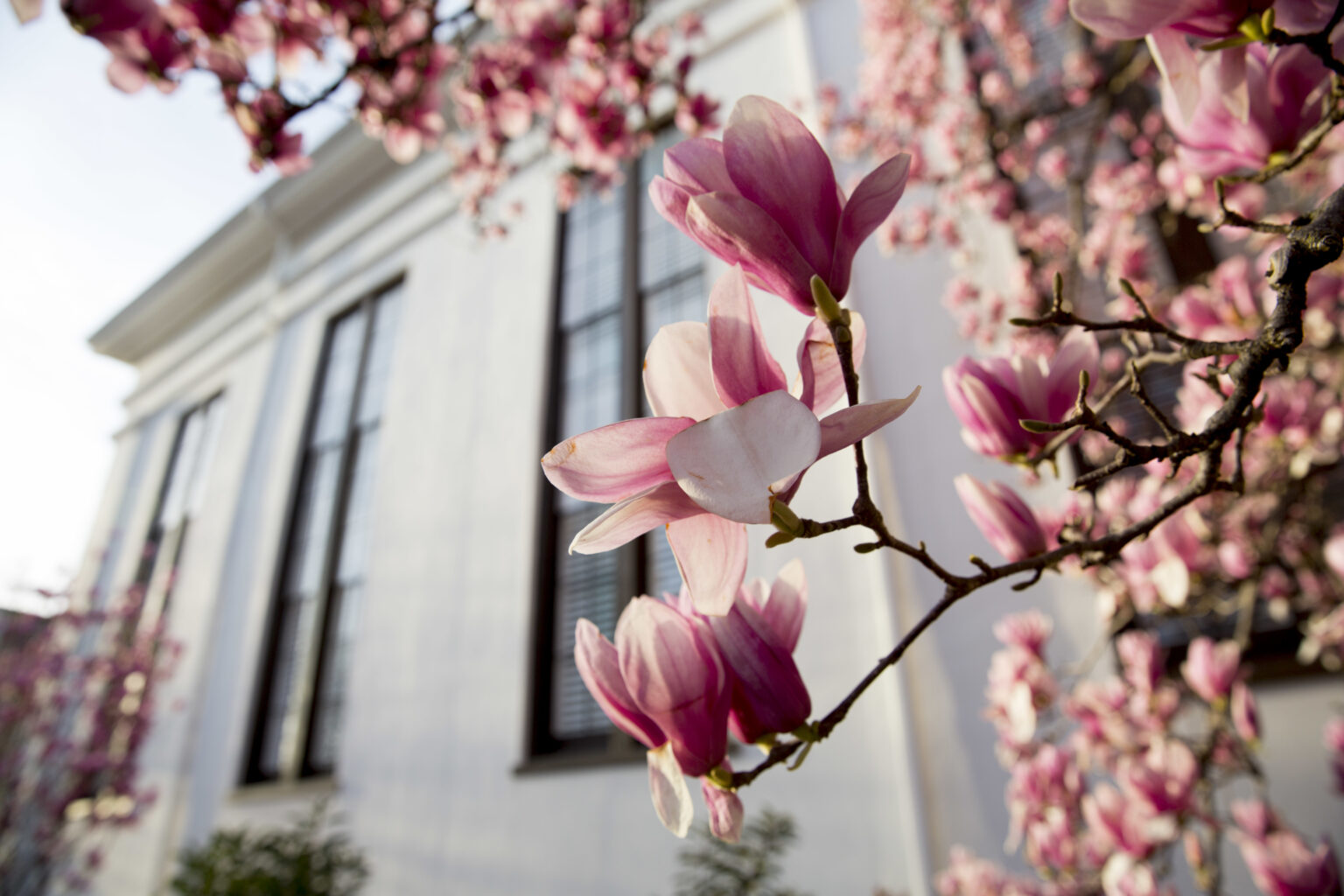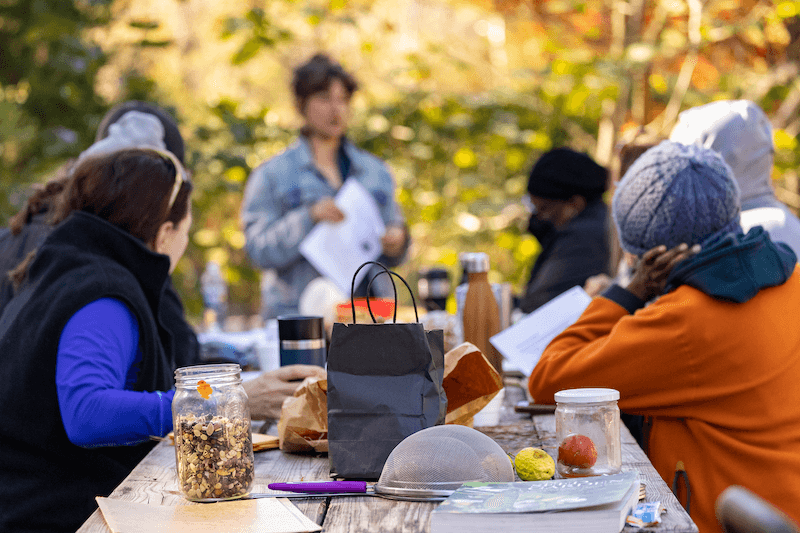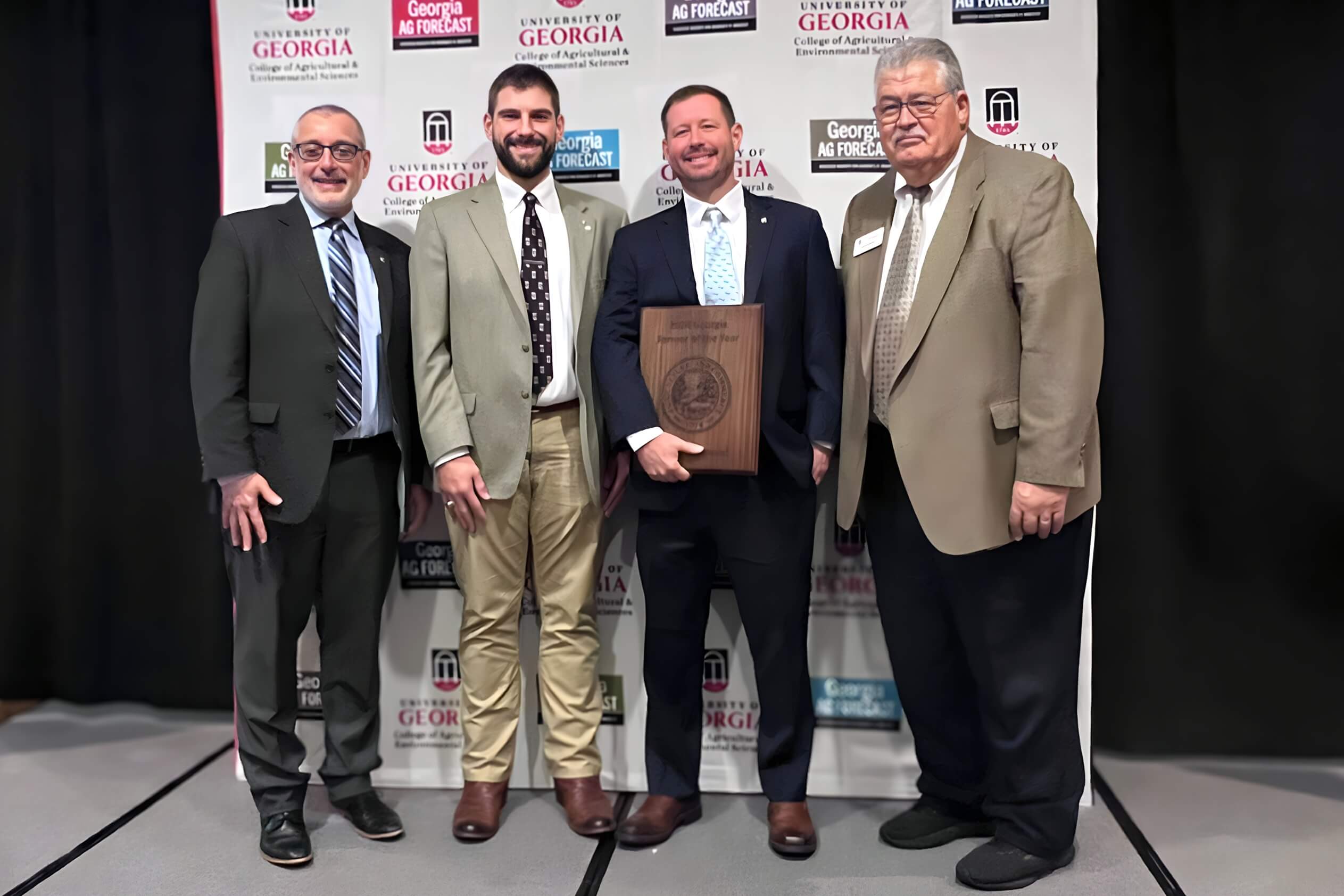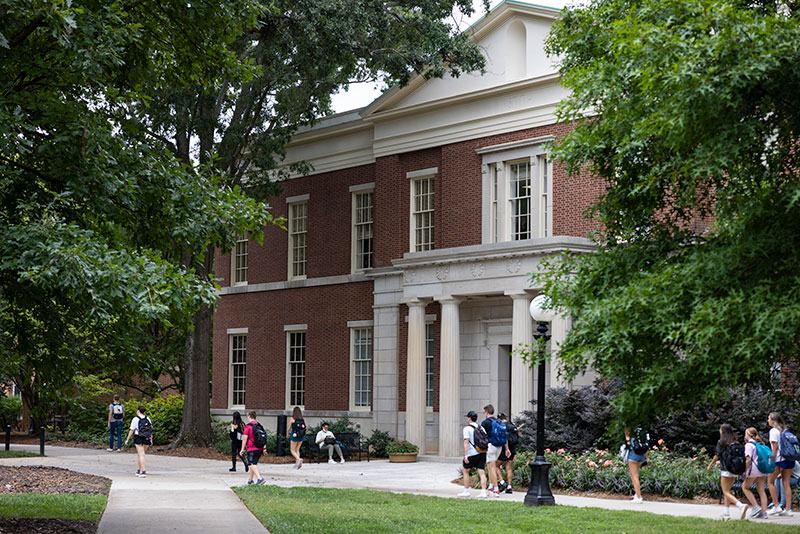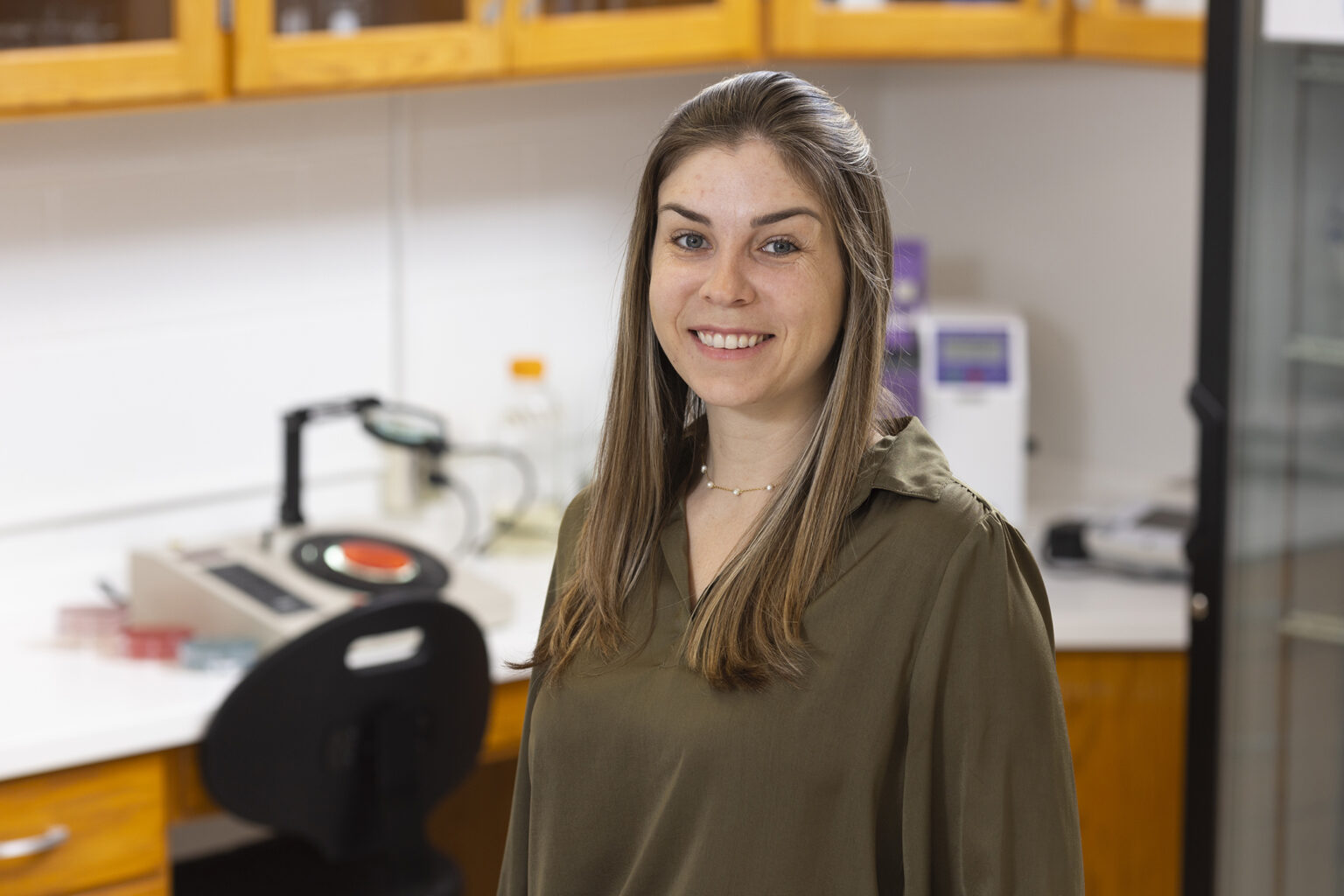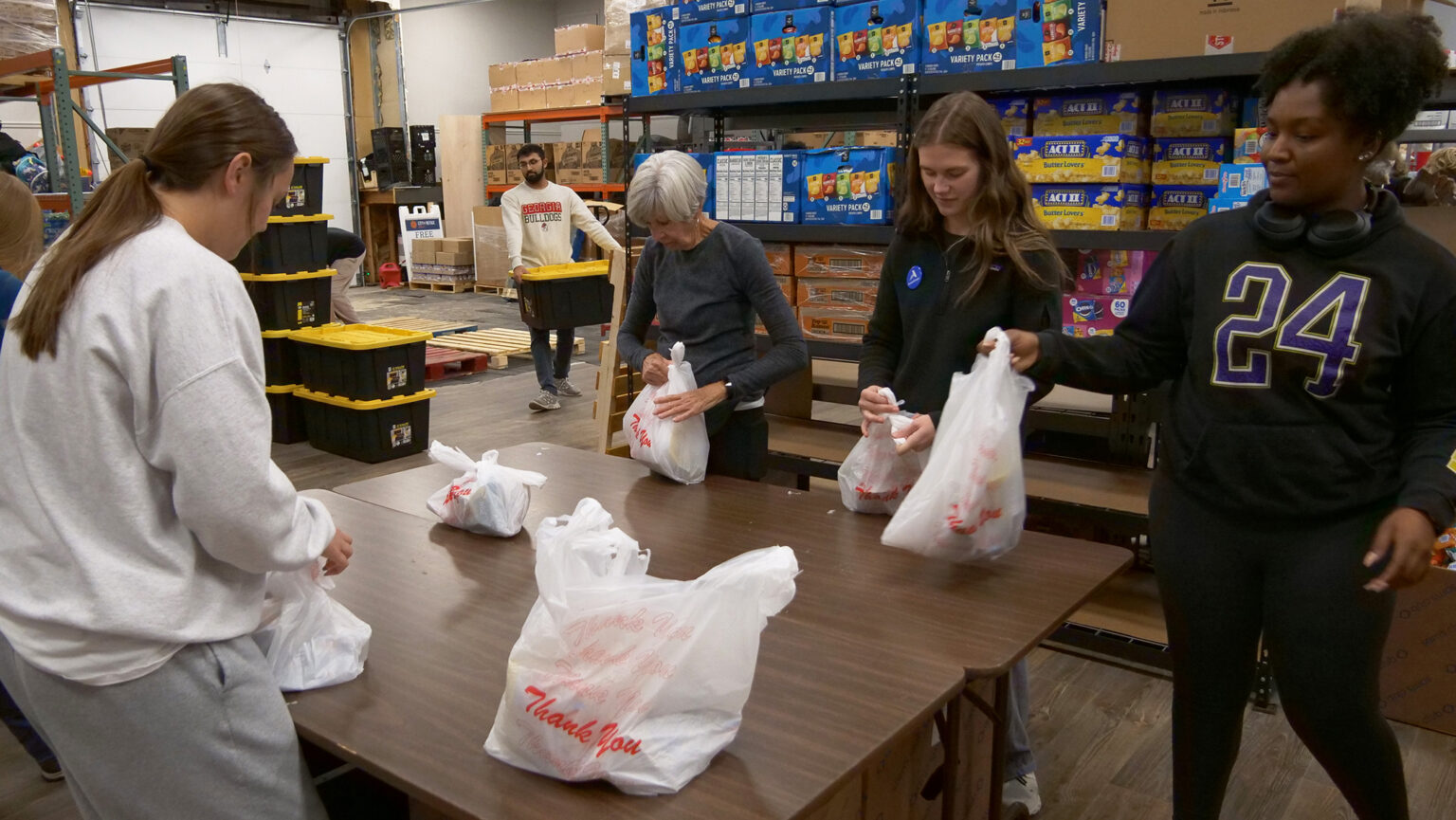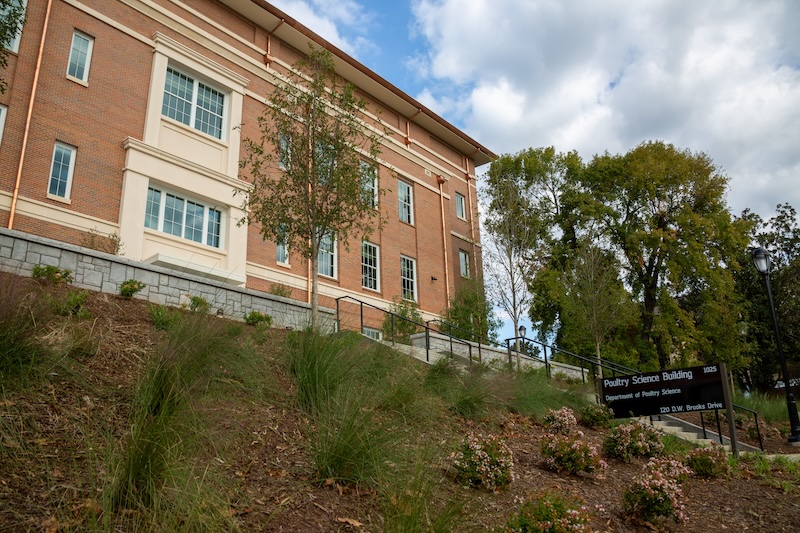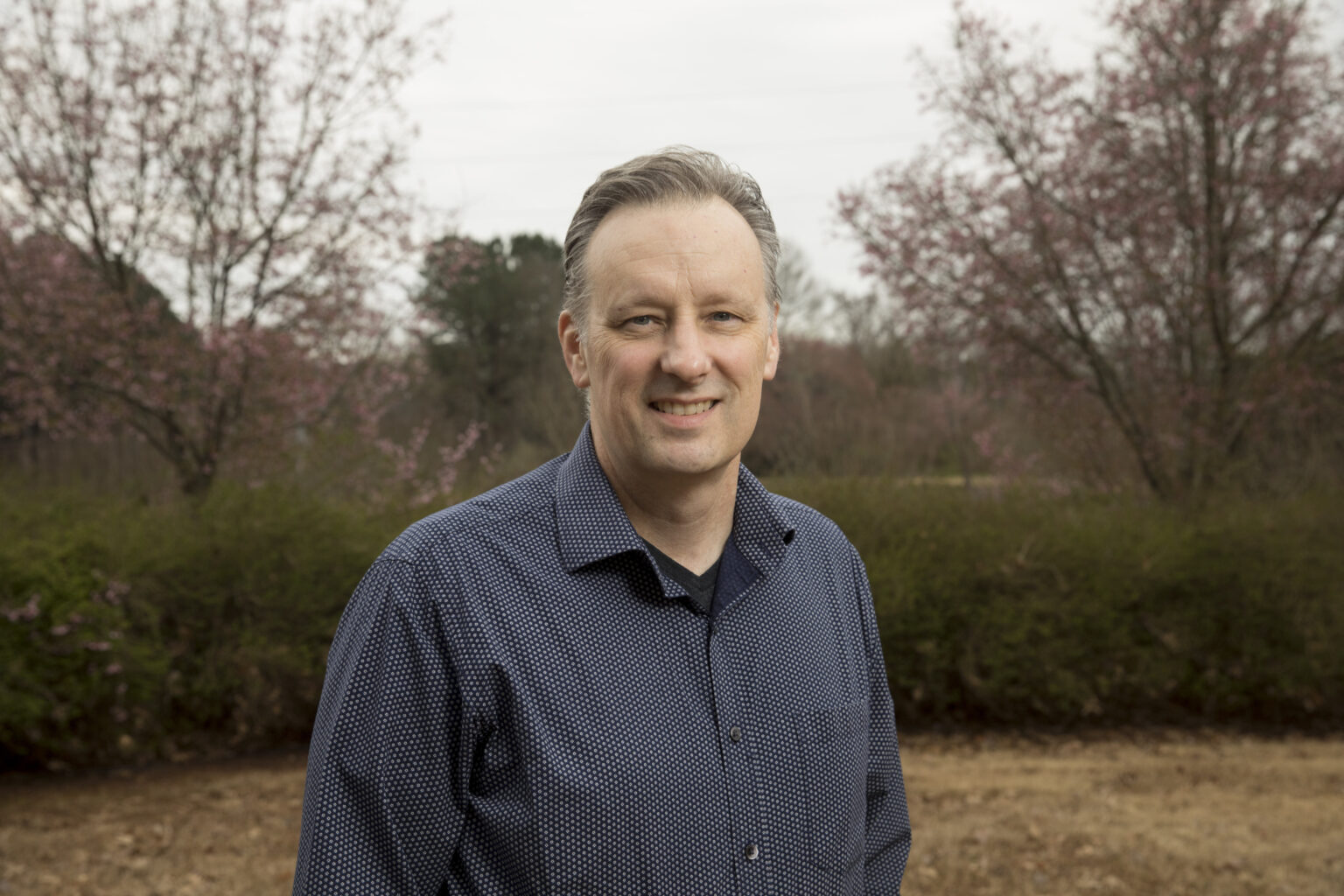 CAES News
CAES News
Stroke Treatment
A new therapeutic for stroke based on University of Georgia research will soon enter clinical trials. The U.S. Food and Drug Administration cleared the new drug, known as AB126, to enter a Phase 1b/2a clinical trial, which is expected to begin in the first half of 2024 and will require significant funds to complete. This is the first stage of the trial and will test the safety and efficacy of the therapeutic in ischemic stroke patients.

